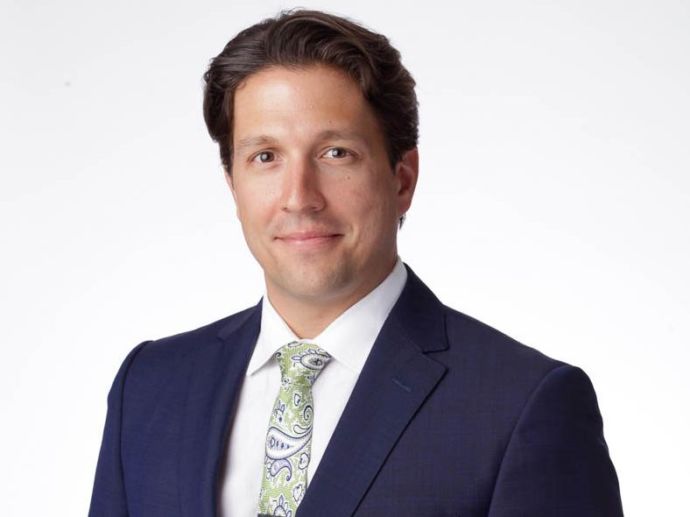If only I had known this back then. It’s a thought that likely occurs more often as the years go by. Whether it’s about life in general or how you practice law, the insight and knowledge that comes with experience are invaluable.
Fortunately for new and seasoned attorneys alike, Practical Law attorney editors can impart that wisdom onto anyone who needs it. Since the attorney editors all have years of experience practicing law, they remember all those things they wish they had or knew as a new attorney or as an attorney who is learning a new practice area.
We asked some of our attorney editors about what one resource they wish they had when they were practicing law.
 Jennifer Thibodaux, Practical Law attorney editor
Jennifer Thibodaux, Practical Law attorney editor
The one resource I wish I had while practicing is related to removing a case from state court to federal court.
I remember being a junior associate and tasked with removing a case for the first time. I was scrambling to remember what removal was, what the requirements were, which papers to file in what court, and it was very daunting and stressful. I spent a lot of time on it.
If I had a resource or a group of resources to help with removal, I definitely would have saved time.
I hasten to add that even when you remove a case once, that doesn’t mean you remember all the steps the next time or the time after that. Having a resource or a group of resources to go back and look at would have been very helpful.
Resources like that are exactly what Practical Law offers. Whether it’s a primer on what removal means, standard documents to file in the state court and the federal court, and then a checklist to use to make sure that you followed all those steps – what we have on the site is exactly what I would have needed and used.
 Jerry Carannante, Practical Law attorney editor
Jerry Carannante, Practical Law attorney editor
I think what makes a really good Practical Law editor is someone who obviously knows what our subscribers want and need. As legal and market practice change, their needs and wants change along with it and the editors must change along with them. With my former practicing self in mind, I’m always creating the resources that I wish I had when I was practicing. I think that’s really the essence of this job — creating what we would have liked to have.
One of my favorite resources that I always wish I had is a resource on materiality, which is really the cornerstone of all securities, capital markets, and corporate governance practice. It’s what governs everything we do. The topic is extraordinarily complicated and nuanced. There is not a day (or an hour or perhaps even a 10-minute period) that the capital markets and corporate governance lawyer practices without considering the issue of materiality.
 Curtis Armstrong, Practical Law lawyer editor
Curtis Armstrong, Practical Law lawyer editor
There were a lot of resources as a young lawyer that I wish I had. One is more guidance on contracts and policies in the workplace. In Canadian employment law, employment contracts are very finicky documents. The courts are very protective of the interests of employees. And any sort of limitation of employee rights and statute or anything that’s seen as unreasonable is likely to be unenforceable. So be very careful when you’re drafting an employment contract. Terms that might be enforceable in a commercial contract might not be in an employment contract.
Most lawyers in practice don’t start from the ground up every single time they write a document. They start with a precedent, but those precedents don’t have blinking lights on them that say, “this one’s unenforceable!” or “don’t use,” or “this one’s the one to use!”
You really have to do the legwork, verifying each document that you rely on. And so, a source that tells me why this language and not that language, or what happens if I use this old language, would have been really valuable. It would be very much a time-saving device that I think I would have found valuable.
Learn more about those essential resources
From taking on new practice areas to keep up with the changing demands of your clients to trying to get up to speed as a new attorney, Practical Law’s attorney editors are creating the resources you need.

 Jerry Carannante, Practical Law attorney editor
Jerry Carannante, Practical Law attorney editor Curtis Armstrong, Practical Law lawyer editor
Curtis Armstrong, Practical Law lawyer editor




